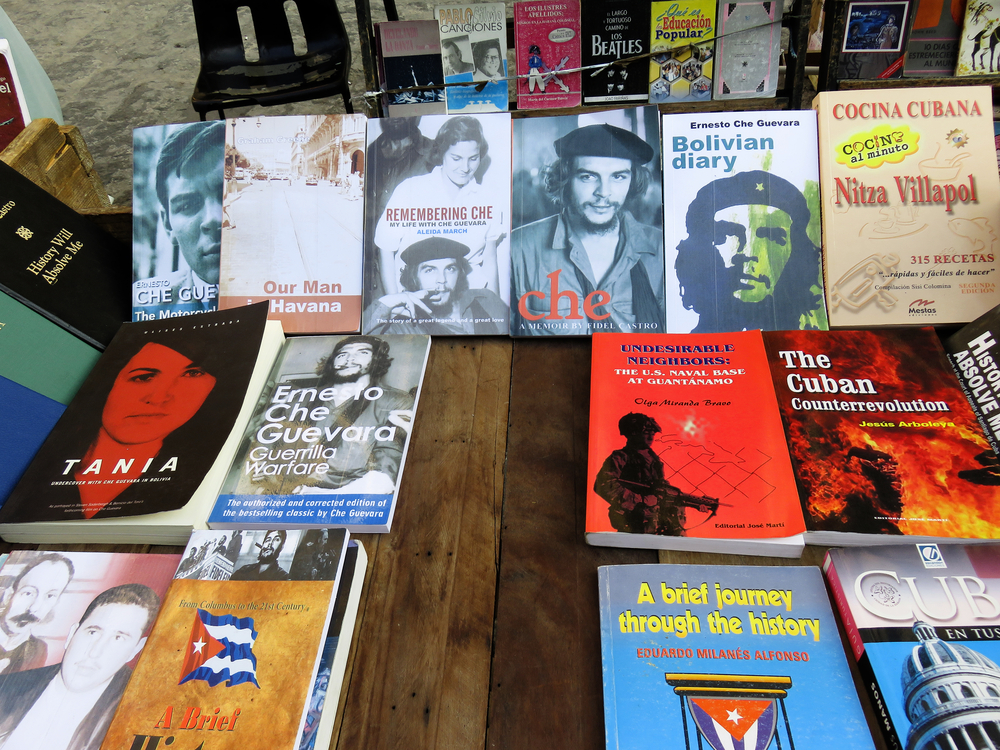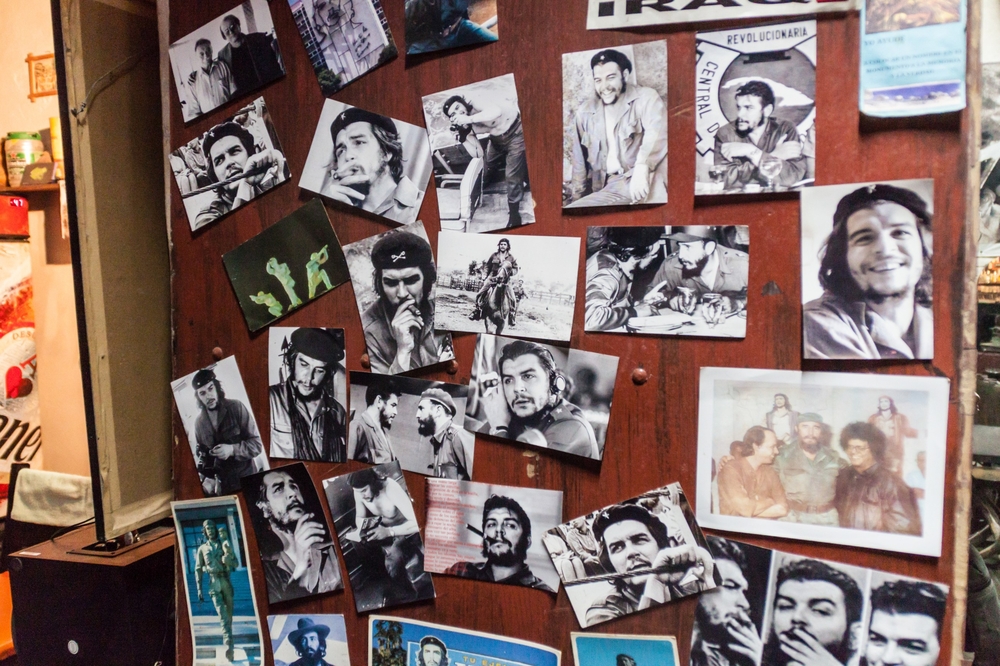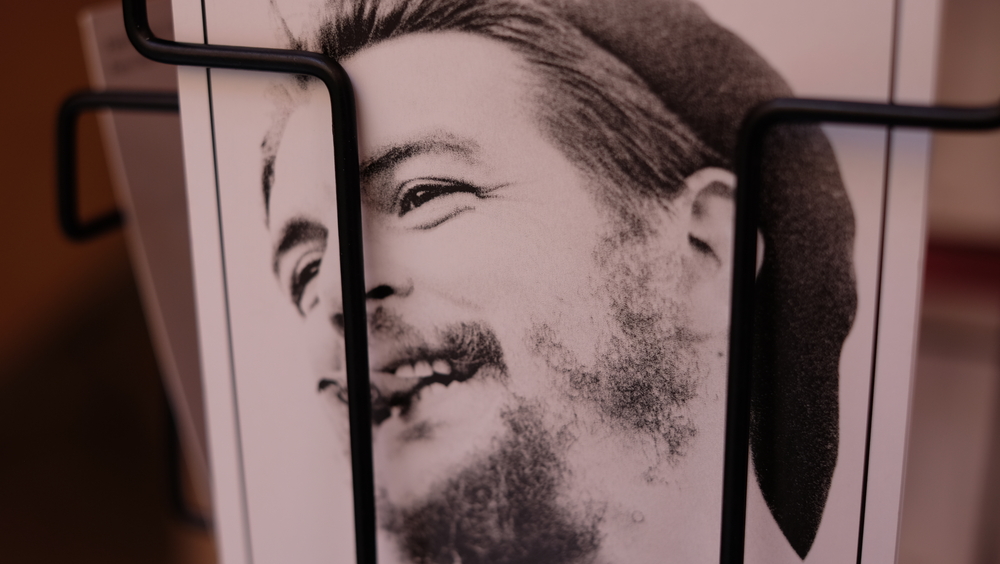History remembers Ernesto Che Guevara as the revolutionary sidekick of the infamous Cuban liberator-cum-dictator Fidel Castro, which he was. He was also a medical student, a writer, a father and – if you’ve seen the film The Motorcycle Diaries you already know – a traveler.

In the wake of the death of Castro and the opening up of Cuban-American relations, I found myself drawn to read Che’s journal of his 1952 motorbike trip across South America. What I found was an eloquent and descriptive author whose political destiny was already brewing.

But more than simply getting to know Ernesto, the pre-Cuban Revolution Che, I couldn’t help but be inspired by the adventures he passionately recorded. As I continue to explore my own wanderlust and search for more adventures in my own life, Diaries offers awesome instruction on how to dive into the world and Che serves as a passionate guide. You should read it, but if you don’t here are my favorite lessons from Che Guevara’s motorcycle diary:
- Go. And keep going. As a 23-year old medical student, Che and his friend Alberto finished classes, hopped on the back of a Norton motorbike and began to trek. Partially planned and loosely mapped, they migrated from city to city across South America, including stays in Peru, Argentina, Colombia and Chile. They fell ill, went hungry and lost their transportation and yet, they didn’t stop. We could all stand to persevere a bit more, I think.
- Leave judgement and fear at home. Che and his friend came from middle class or better families, but on their journey they encountered every sort of person, from superstitious native Indians to military personnel to con men and the poorest of the poor. They looked at each encounter as a human experience, allowing for something to be taught or to be learned at each turn. Editorial license or the timeframe, perhaps, but they seemed to jump into everything without an ounce of hesitation. I yearn to be like that.
- Be curious and see everything. The journal chronicles their trip, but also a ton of really fun experiences. They never missed a chance to see something new or awe-striking. From Machu Picchu to ancient lakes and colonial cathedrals, they saw all that they could. I’ll take a country vista, a jump off a bridge or an centuries-old monument over a great dinner any day. Now, I’m not saying clubs, restaurants and bars aren’t a great part of experiencing a new place or people, but maybe sometimes we could experience more by consuming less.
- Don’t hide. These guys rode or walked through wind, rain and sun in open air. They hitchhiked and bartered boat rides. They stayed in family homes and civil service buildings. They spoke to people, worked locally when they needed money and asked for help. Again, 1952 is a world away from 2017 in every way, from crime to cost of living to communication. But, their liberal interaction with – and dependence on – locals made me consider my own lack of interaction. Have I hidden behind hotels, tour busses, phones and iPods and sunglasses to avoid person-to-person experiences? Am I too scared to ask for help and too quick to just ask Google instead? How much richer might my travel be if I trusted myself and others to engage?
- Learn and be changed. While it’s not a revolutionary book, Diaries is also not an a-political read. It is like witnessing the transformation of a young, conscientious, aloof man with an interest in seeing the world into a young, restless, passionate man hellbent on changing the world. The poverty he saw, civil unrest he survived and cultures he lived among motivated him to fight for what he believed was right. Given the state of America today, of the world, there is no better guidance he could give than this. You don’t have to believe what he believed, but allow yourself to be touched, to be influenced by the lives that you encounter. Whether at home or in a foreign land, be open to the possibility that you could be changed by someone else’s circumstance. This possibility is what keeps us human.
Photos by TRAN THI HAI YEN / Shutterstock.com, Lesinka372 / Shutterstock.com, Matyas Rehak / Shutterstock.com

